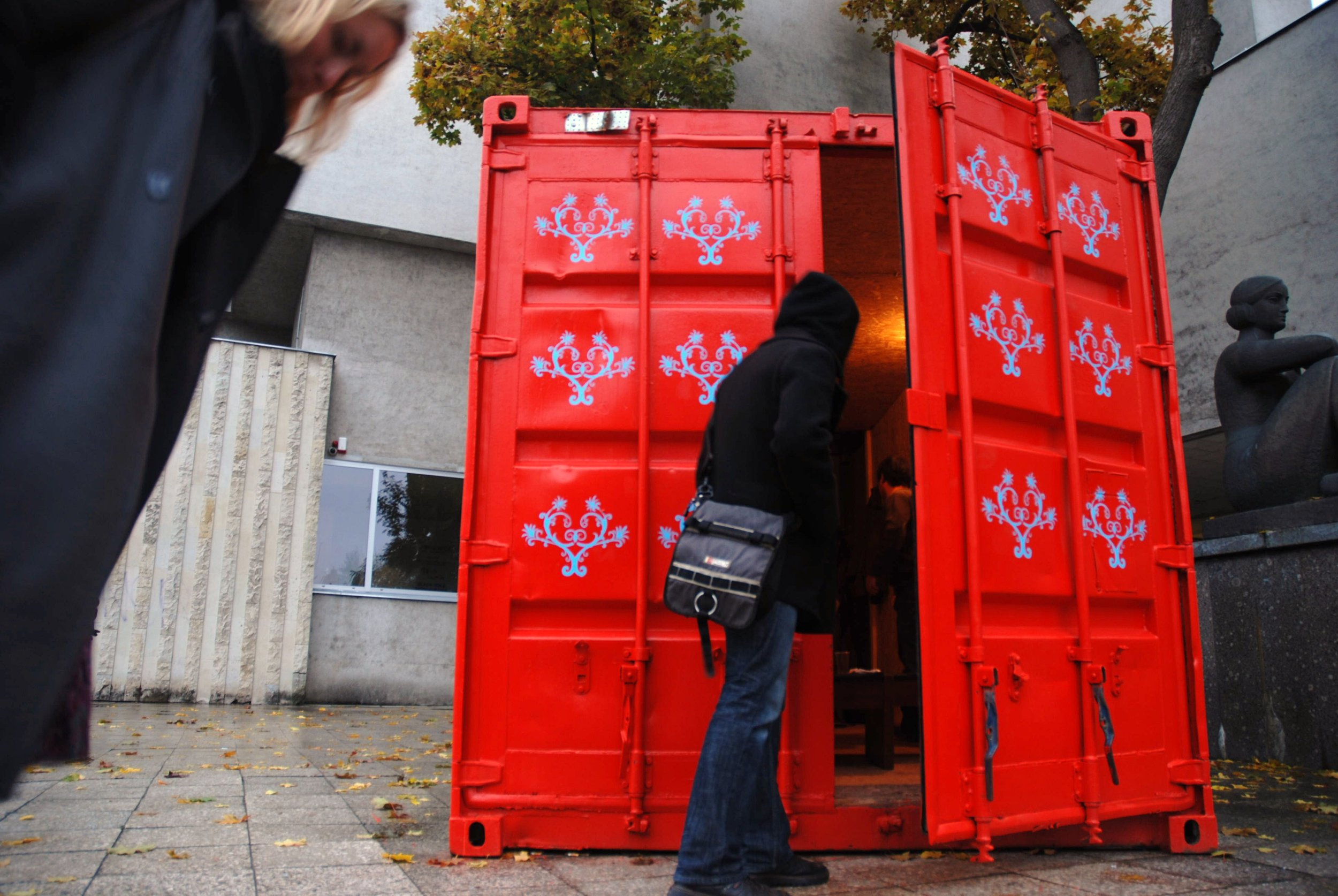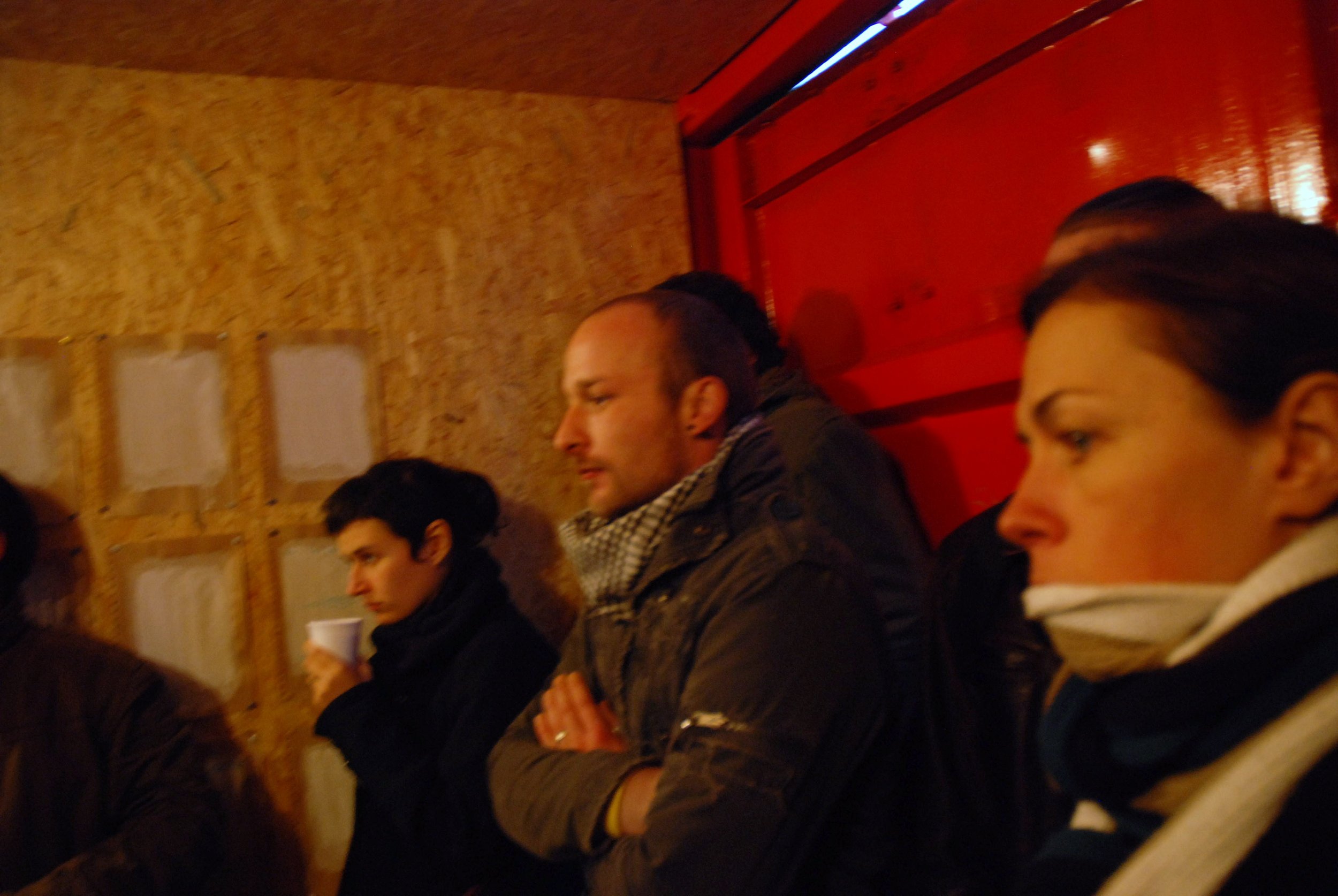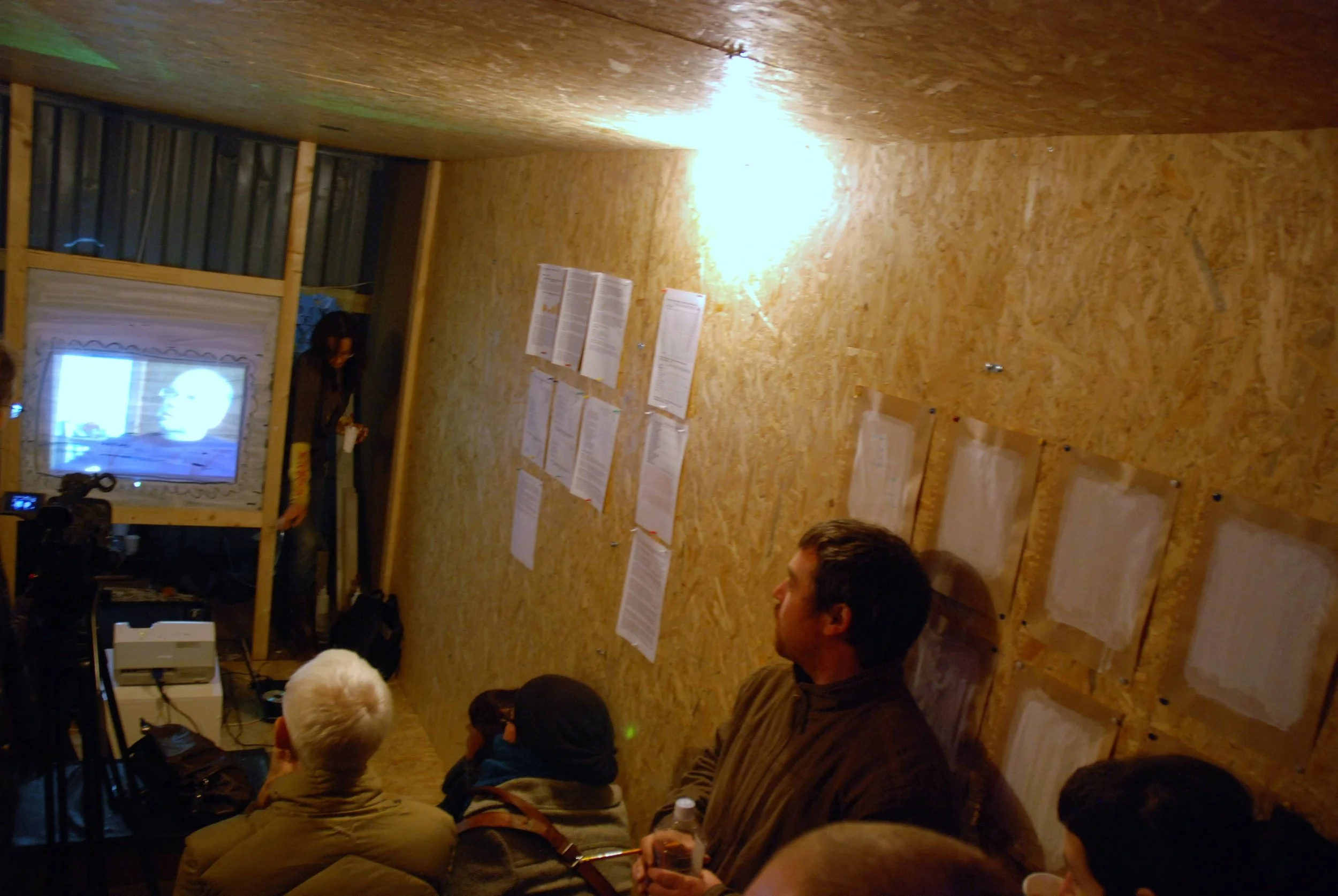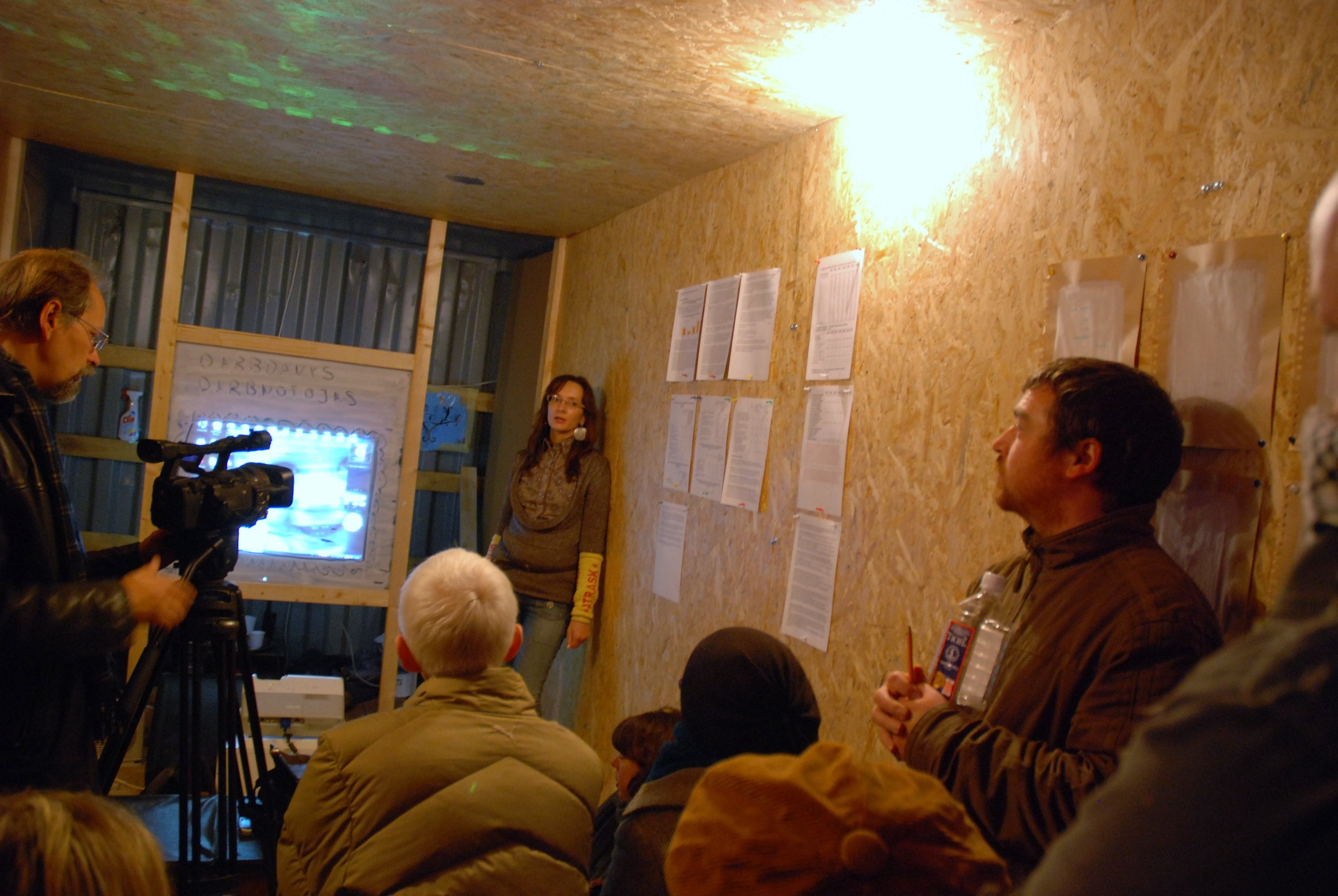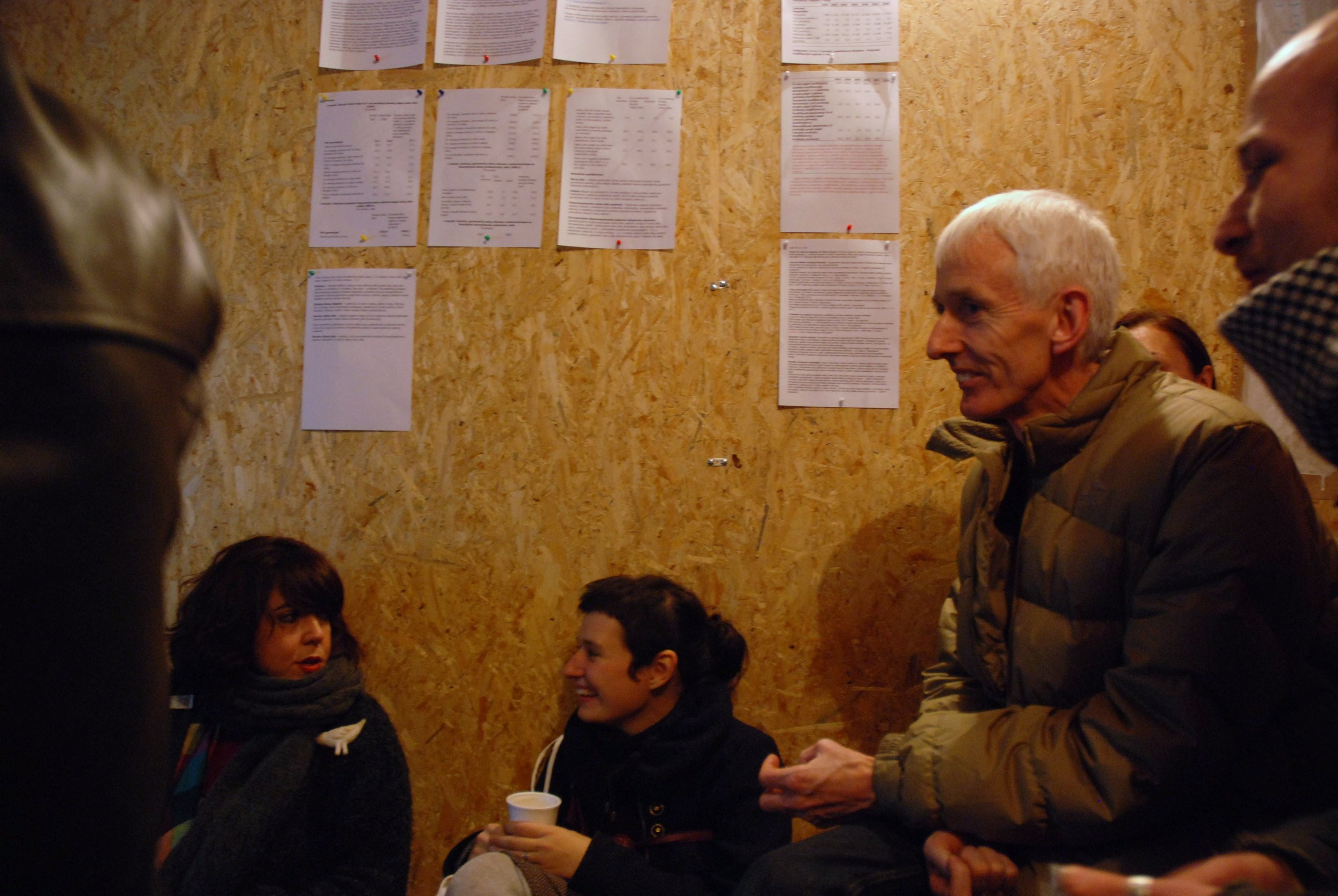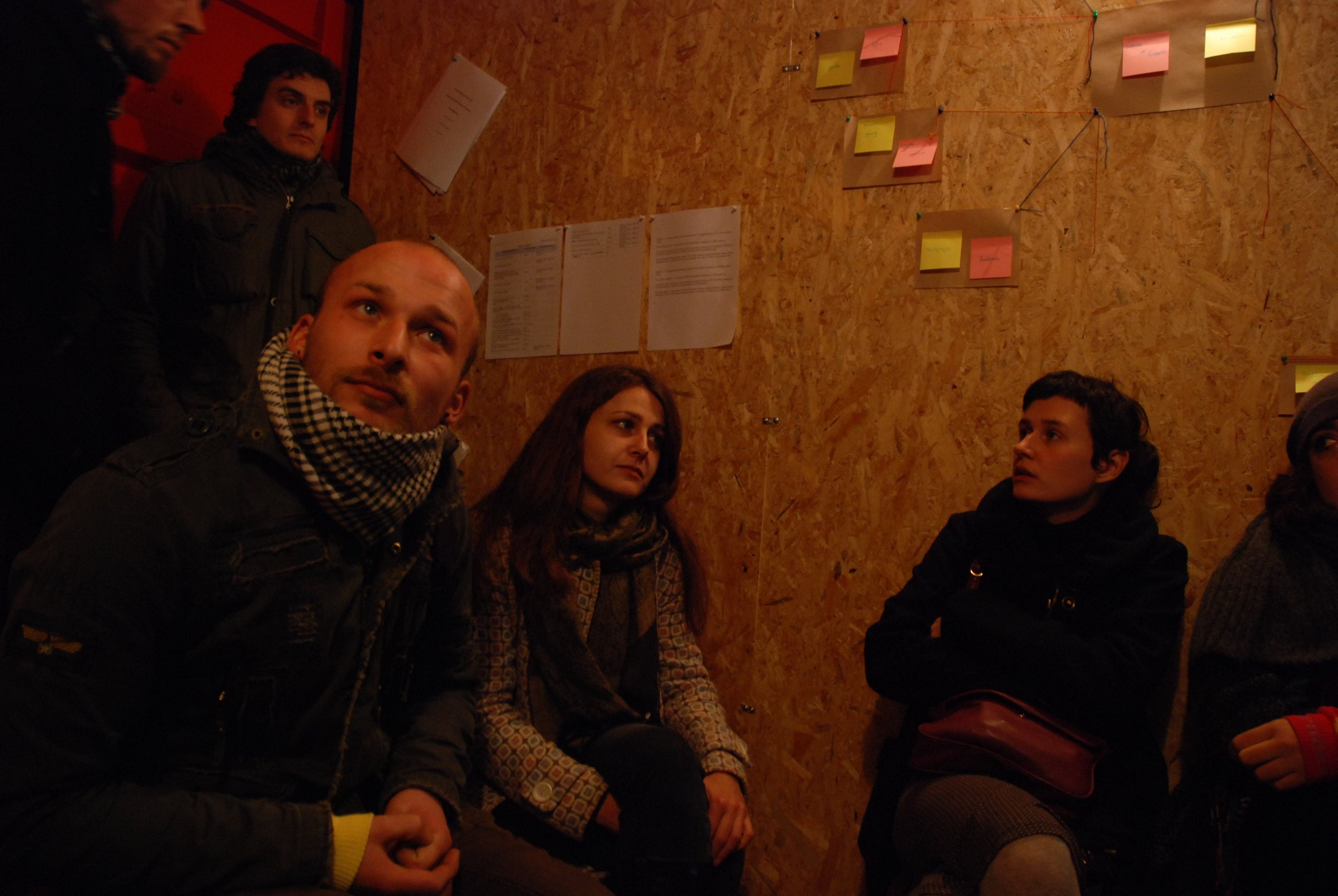ABOUT
Inspired by the non-state character of the Irish Hedge-school movement, the Hedgeschoolproject (2006 - 12) was developed over a six-year period to explore the nature of the event in education. Often described as ‘people’s schools’, Hedge Schools were organized by priests and rural workers behind hedges and barns around Ireland throughout the eighteenth century. While the traumatic colonial politics of this period necessitated a subversive educational movement to sustain cultural and economic survival, the Hedgeschoolproject did not anthropologize that trauma, drawing instead on the emancipatory traces left open by the movement, in its relation to the present. Reframing the Hedge School movement as an evental education, the project intitated a series of concept schools across multiple social and geographic contexts. Uniquely, the construction of each school was organised methodologically to mediate the study of the historical Hedge Schools, their guiding principles of equality and emancipation, and how these principles could be reconsidered in contemporary contexts where they remained immanent. The first iteration of the project, Eco House (2006) was developed in a rural community, out of straw bales, with early school leavers. The second iteration, The Literacy House (2008), worked with the Traveller Community in North Dublin, and in 2012, the third iteration of the project, The Precariat Academy (2012) was implemented at the Kaunas Textile Biennale in a freight container, with workers from the surrounding sewing factories.
ECO HOUSE 2006
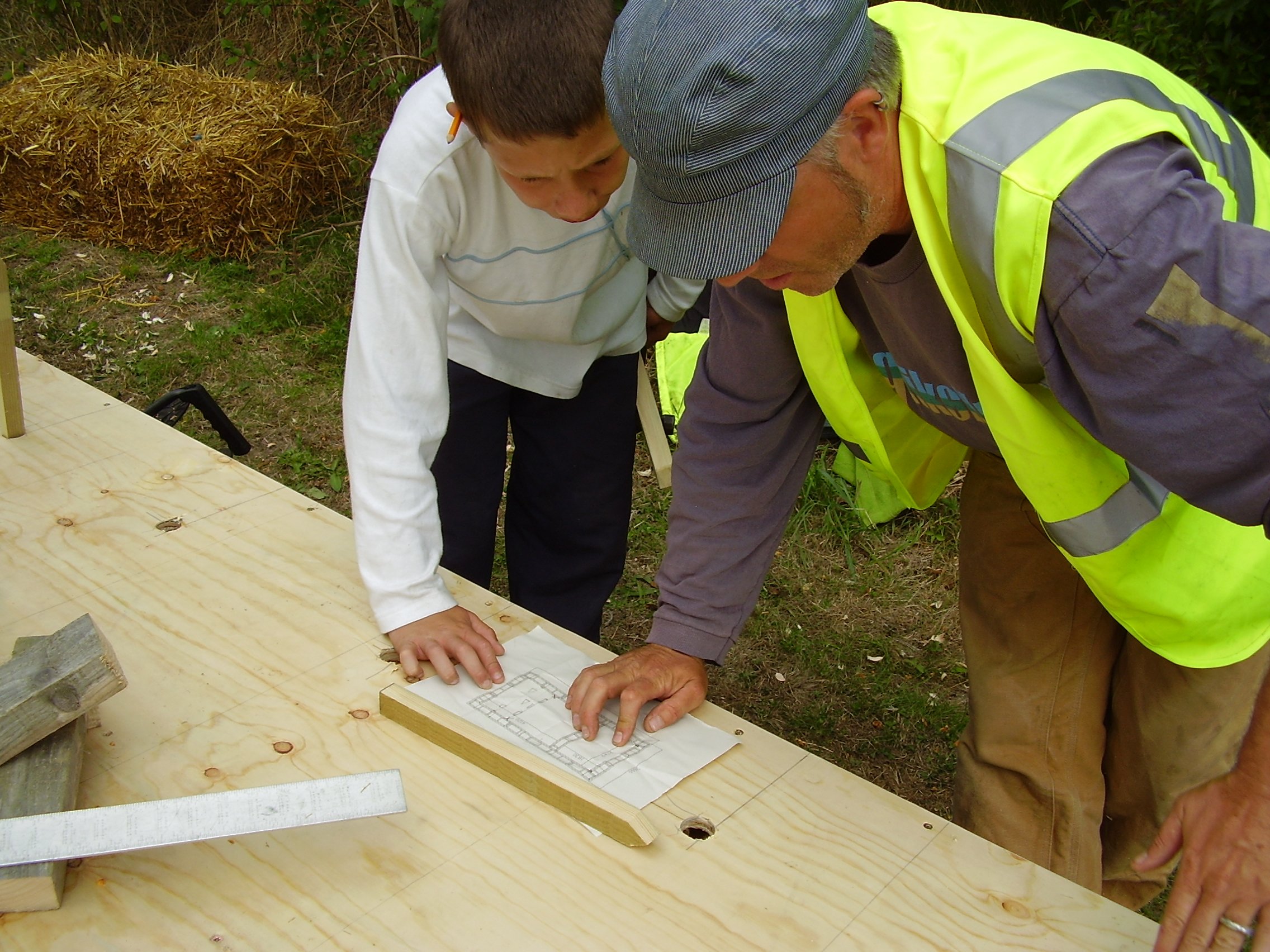
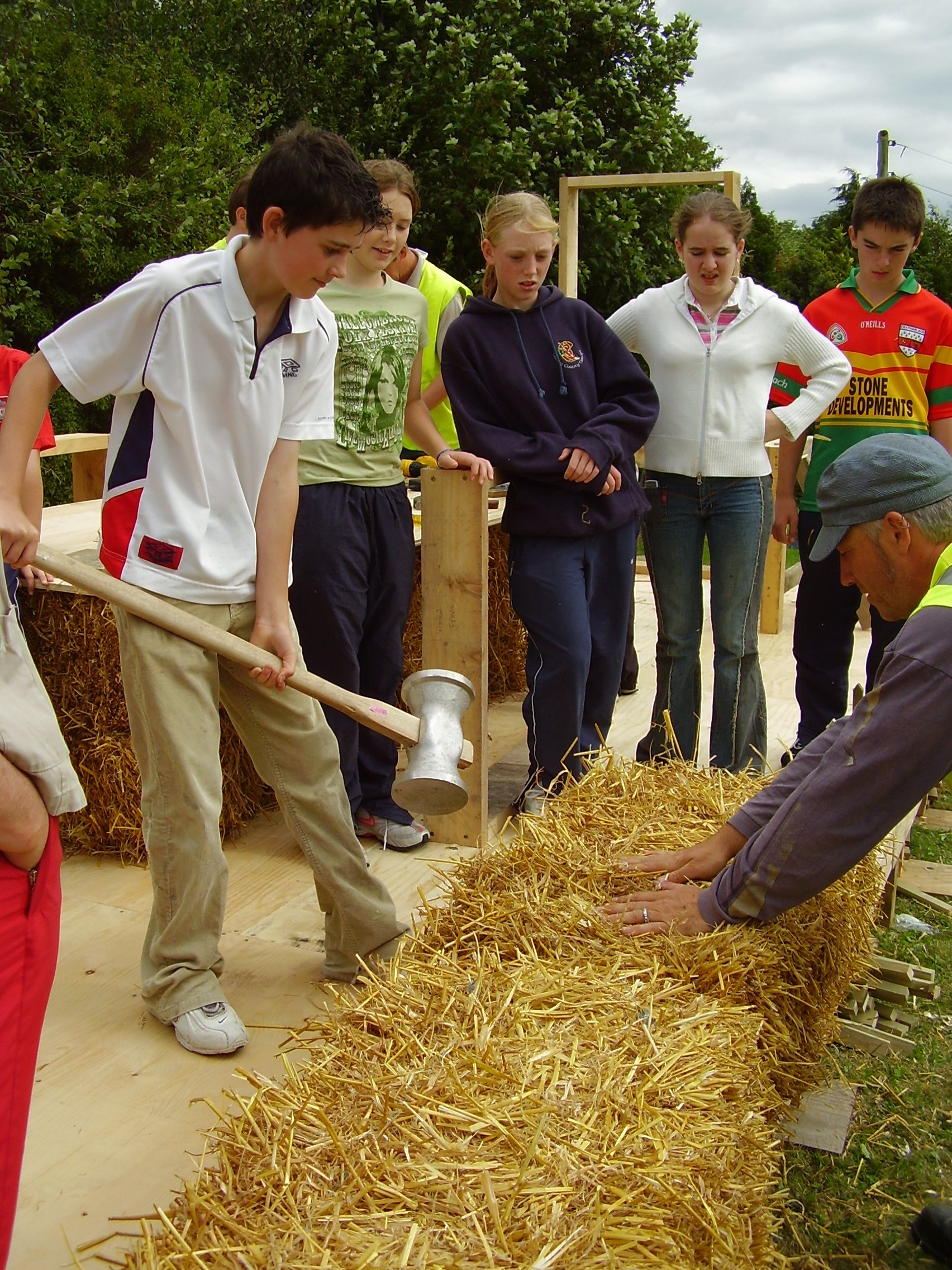
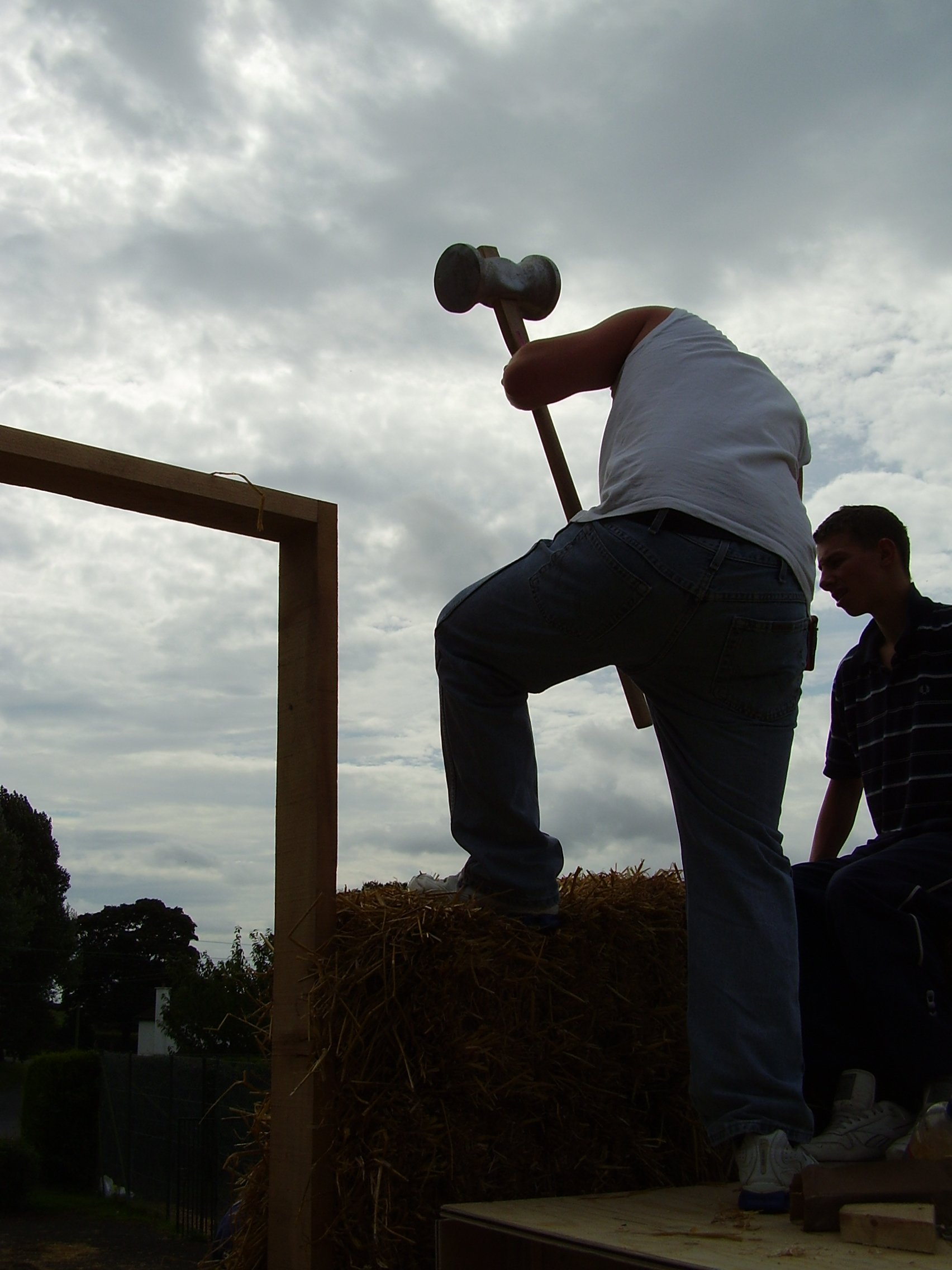
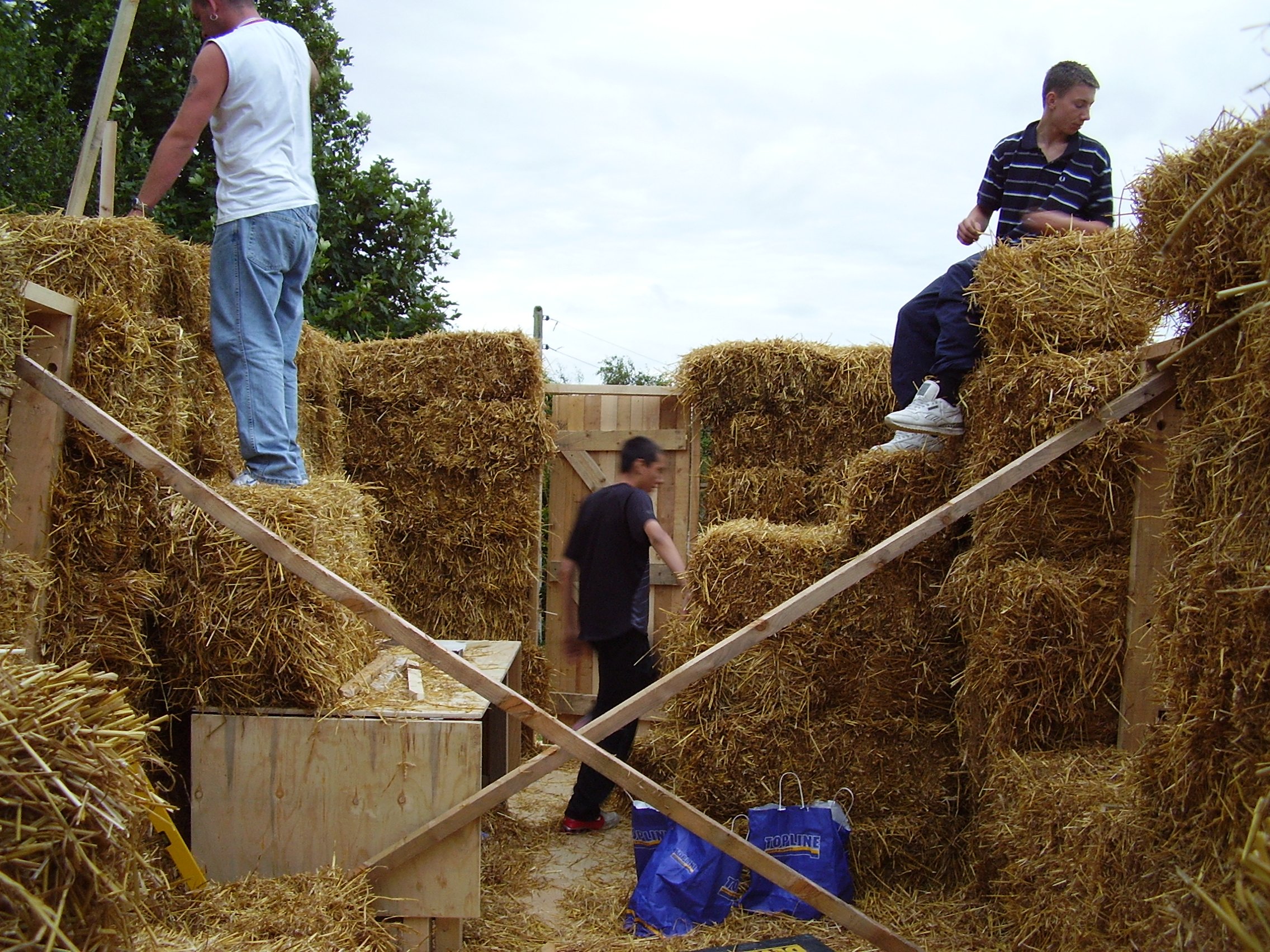
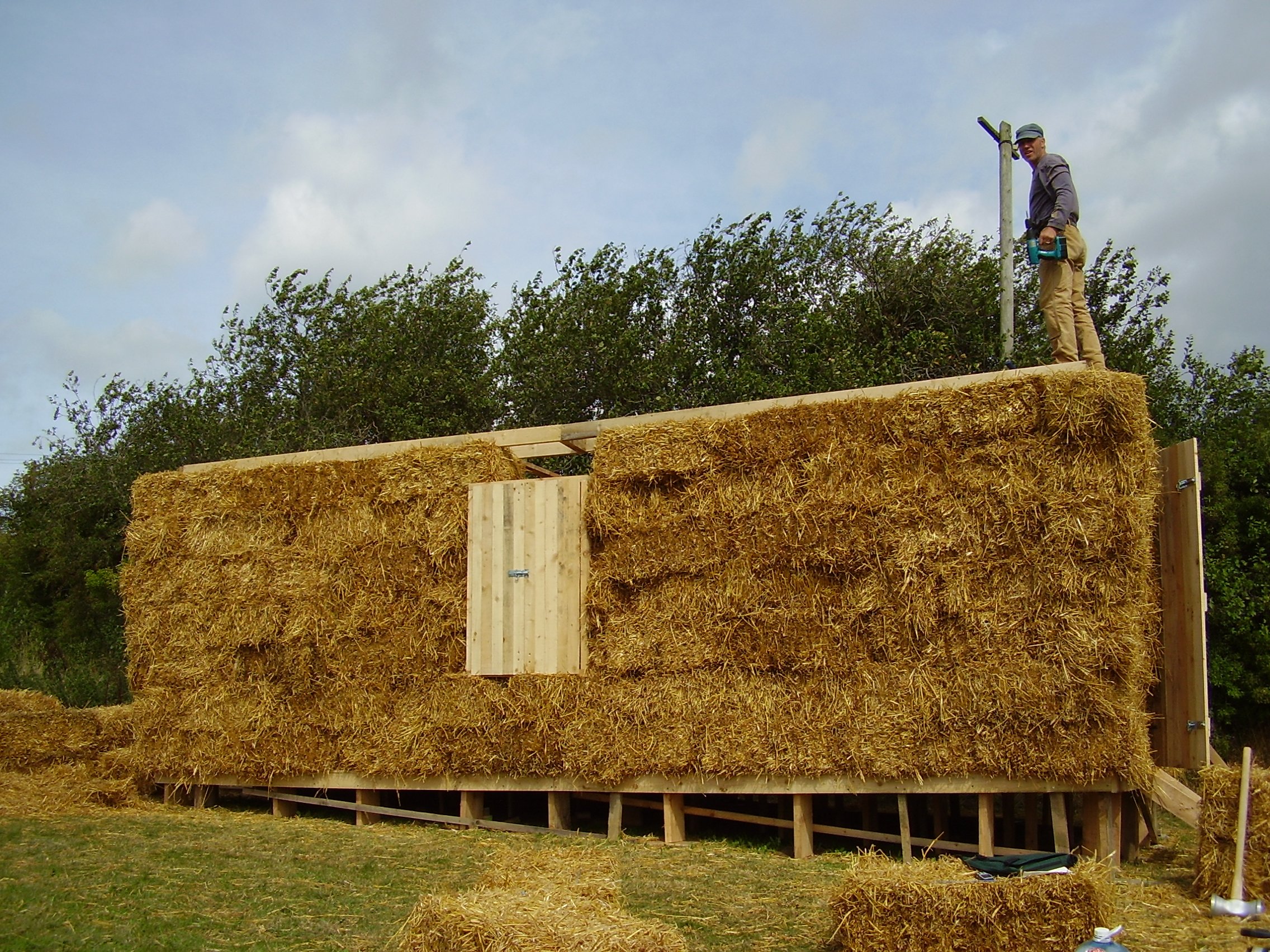
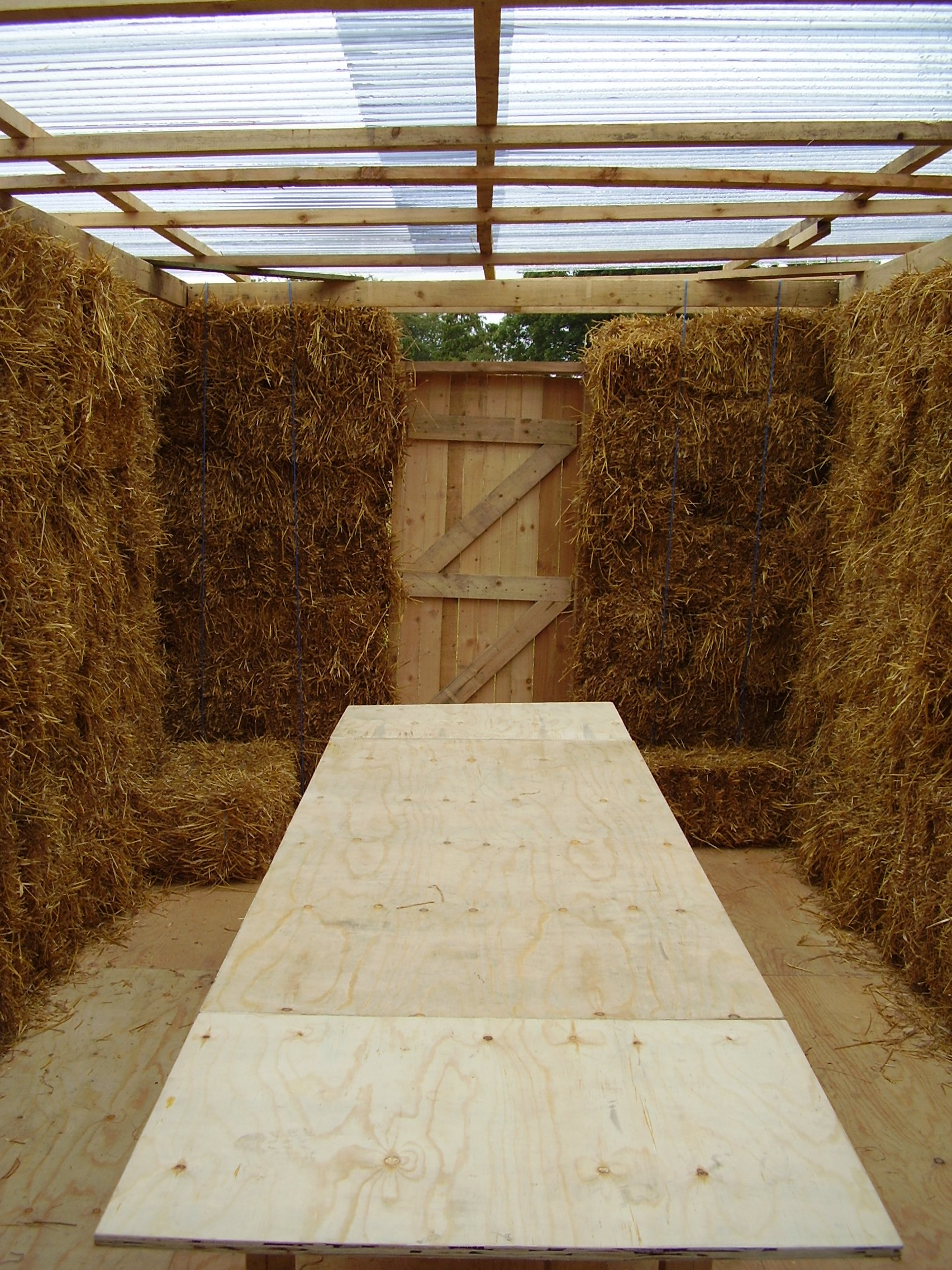
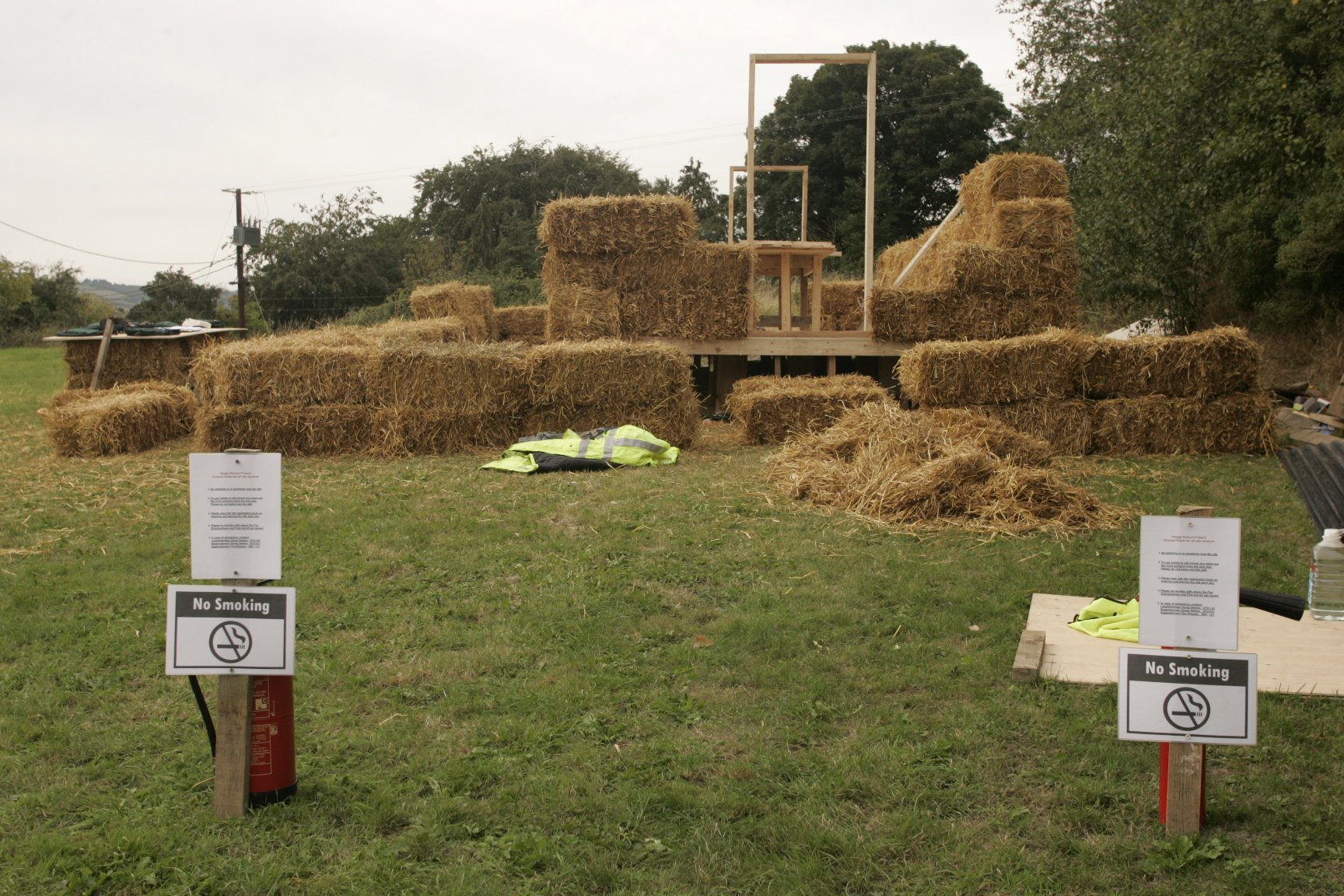
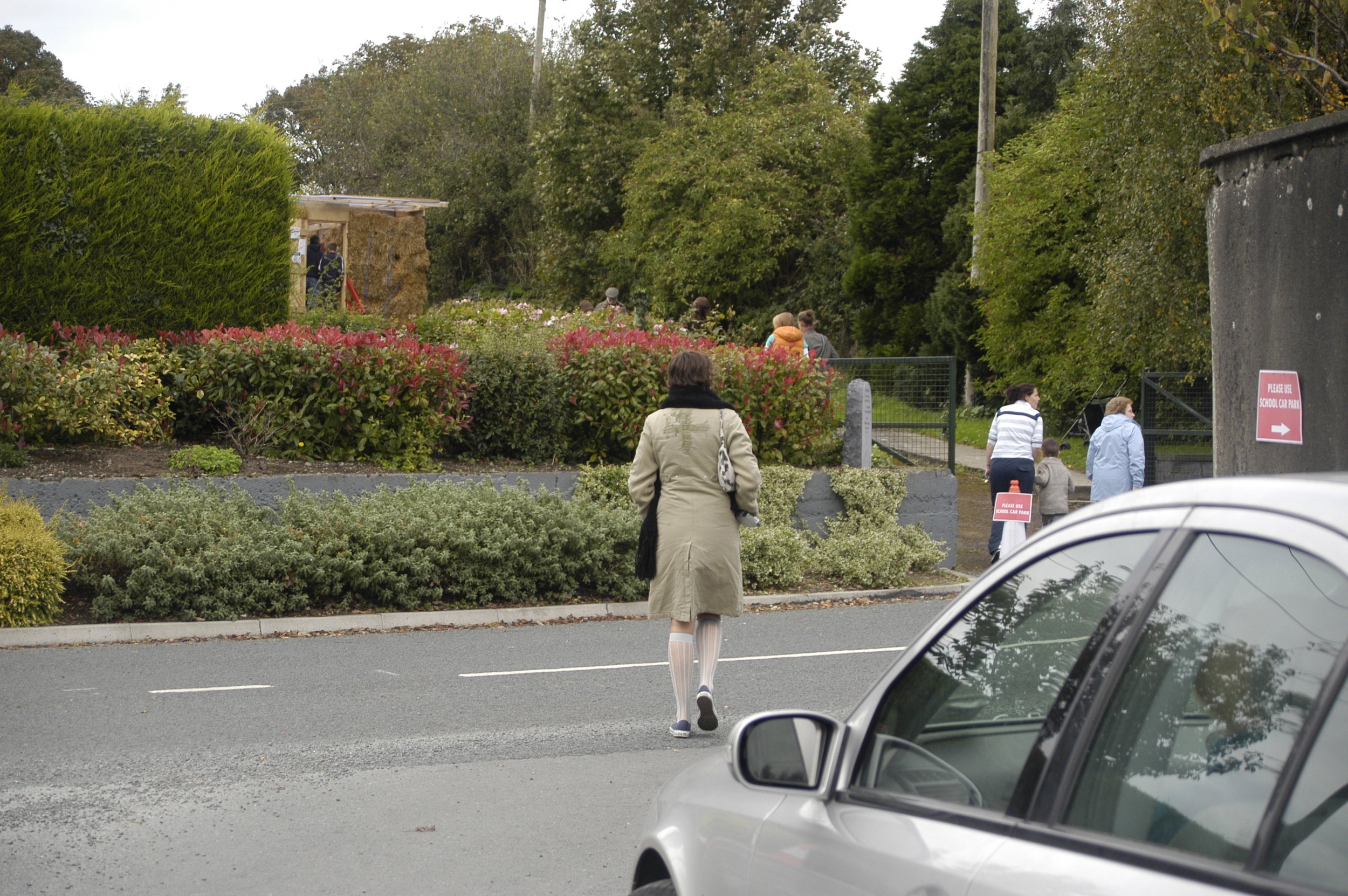
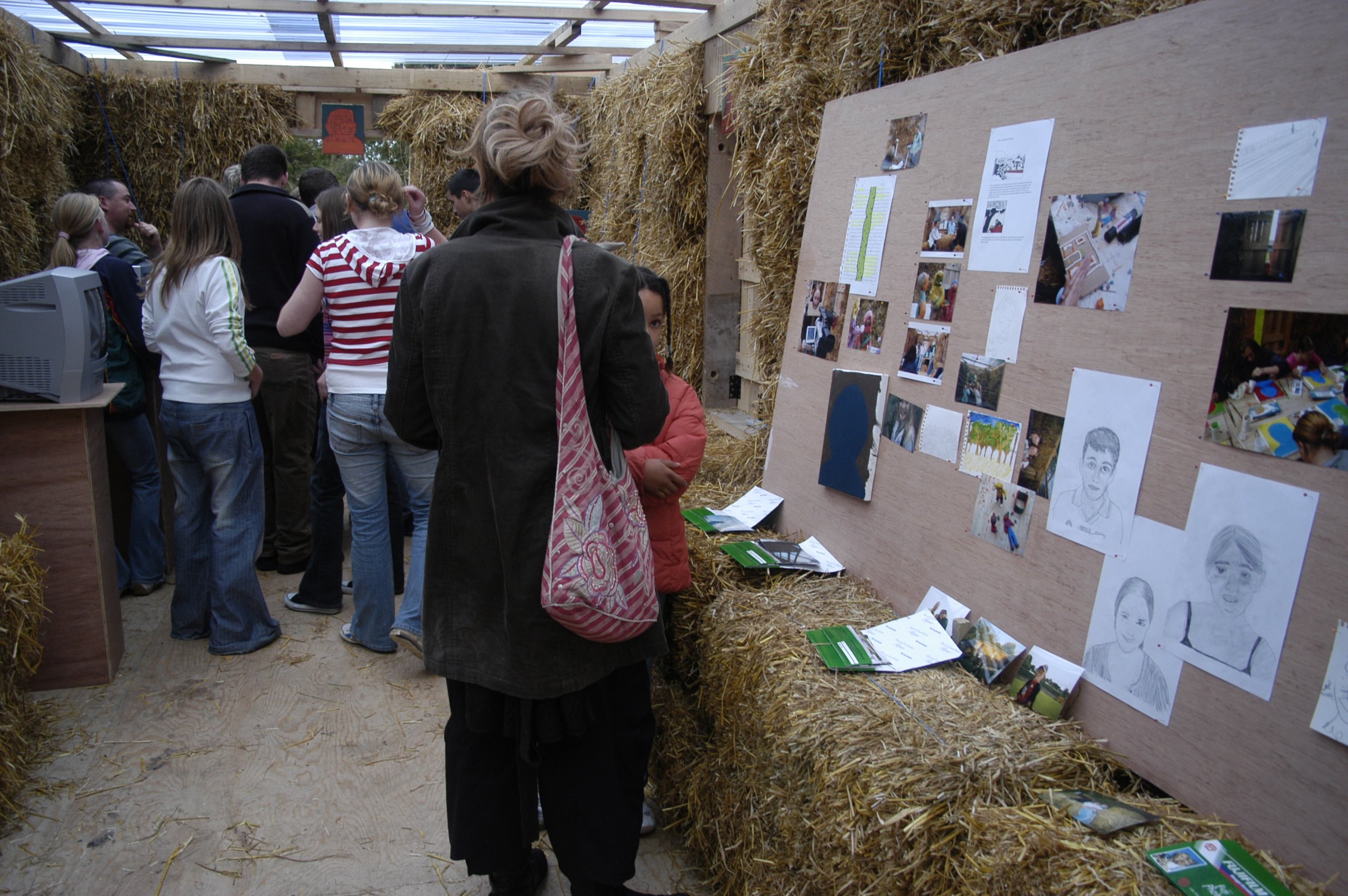
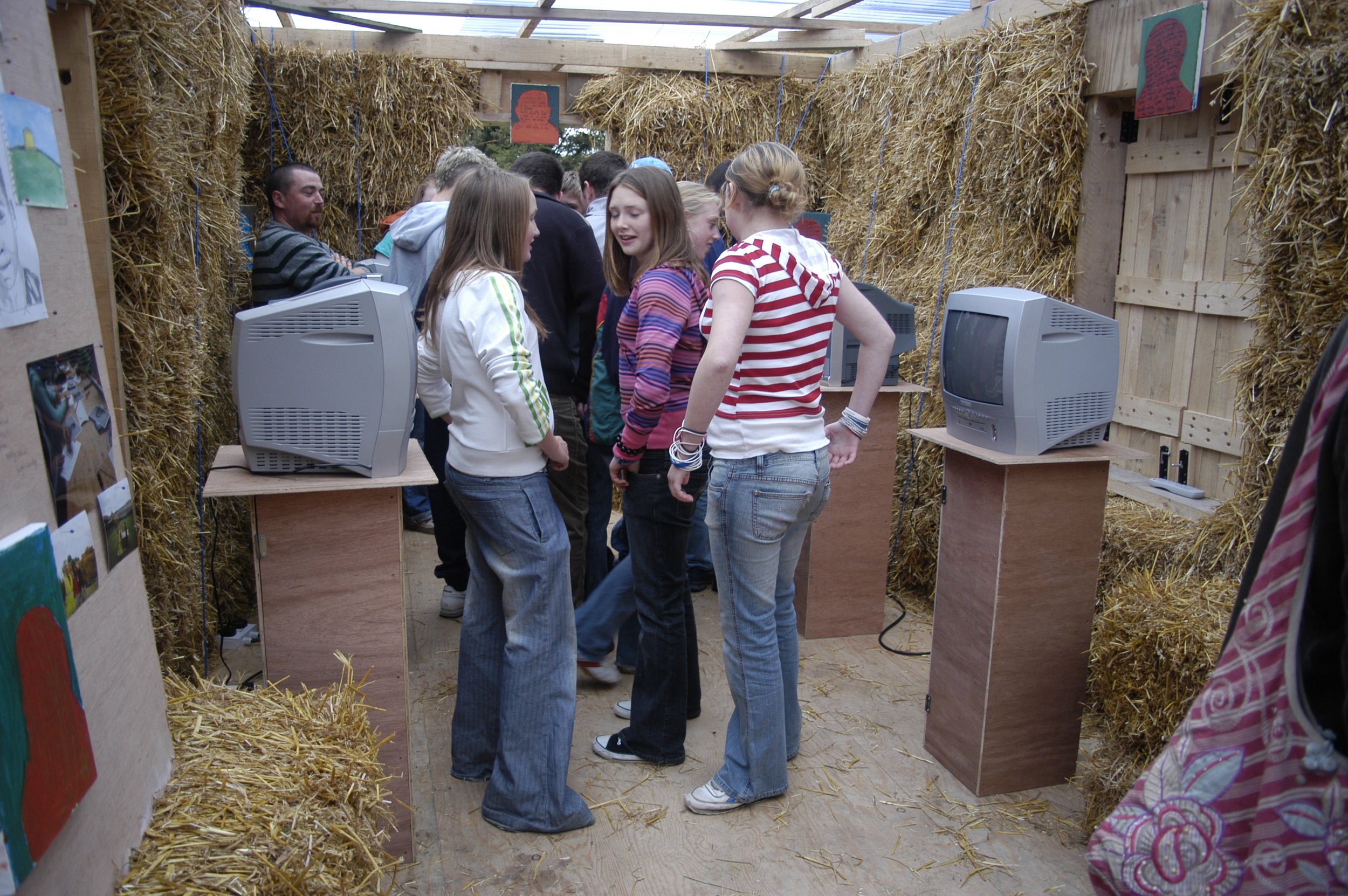
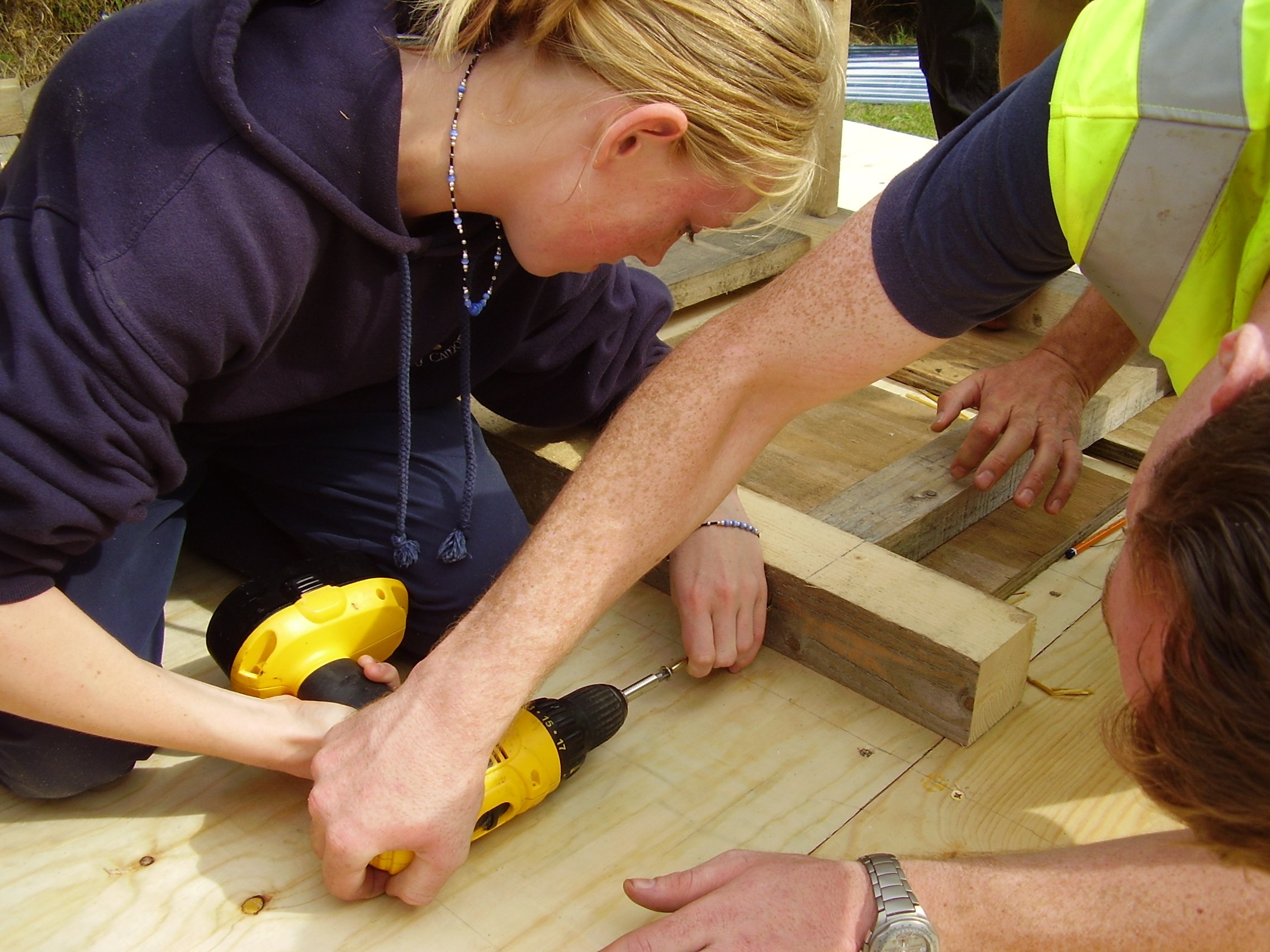
LITERACY HOUSE 2008
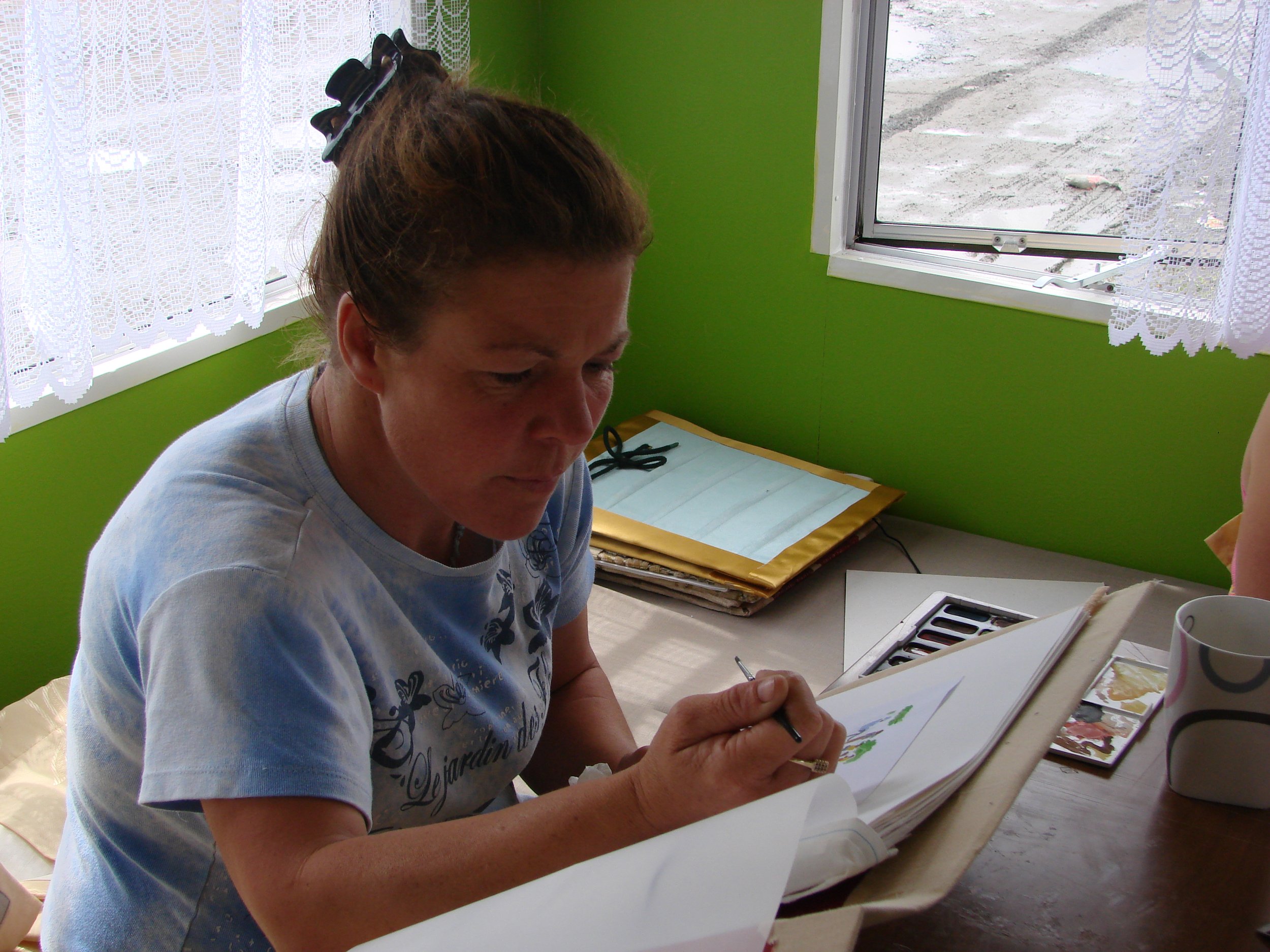
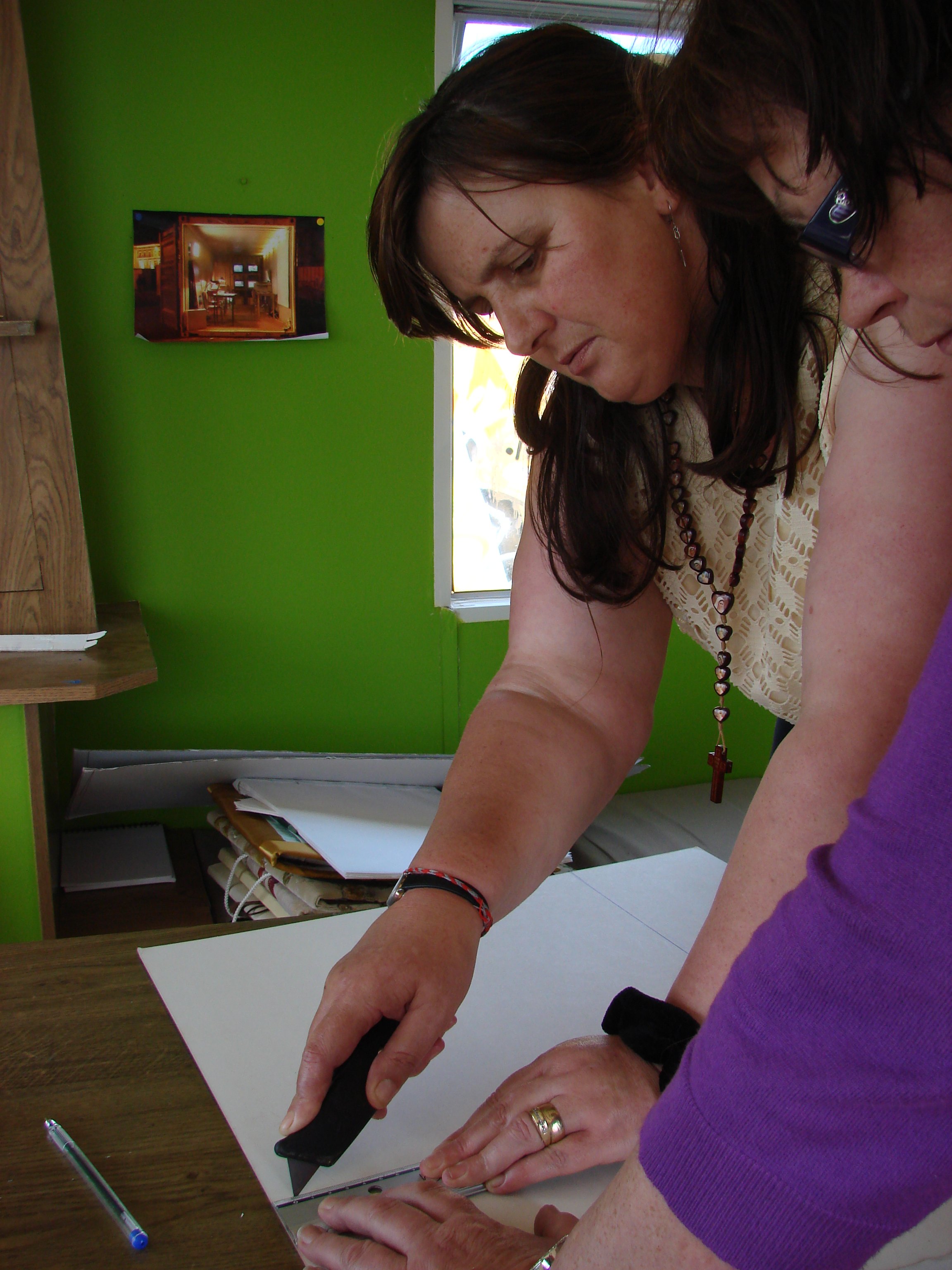
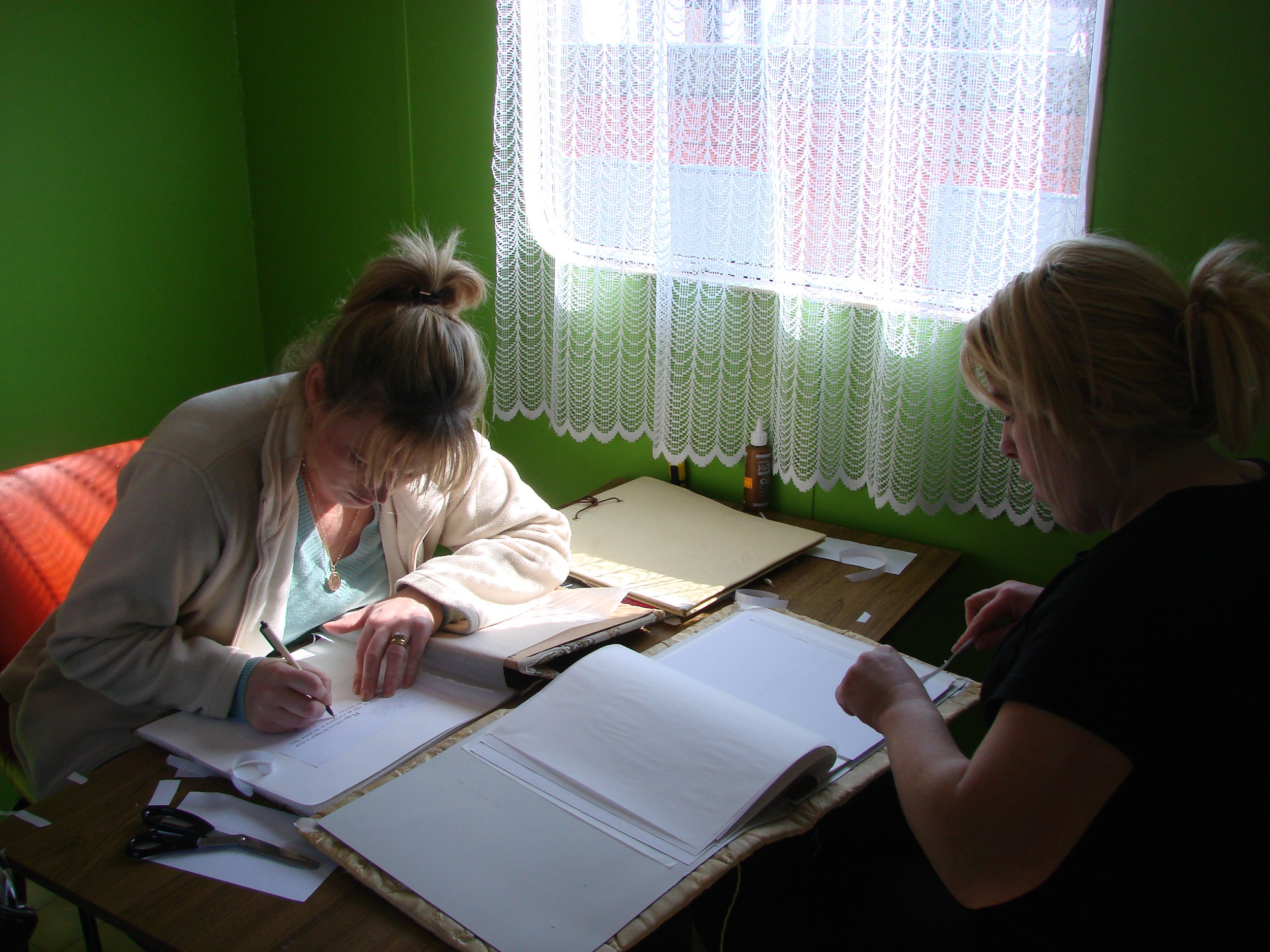
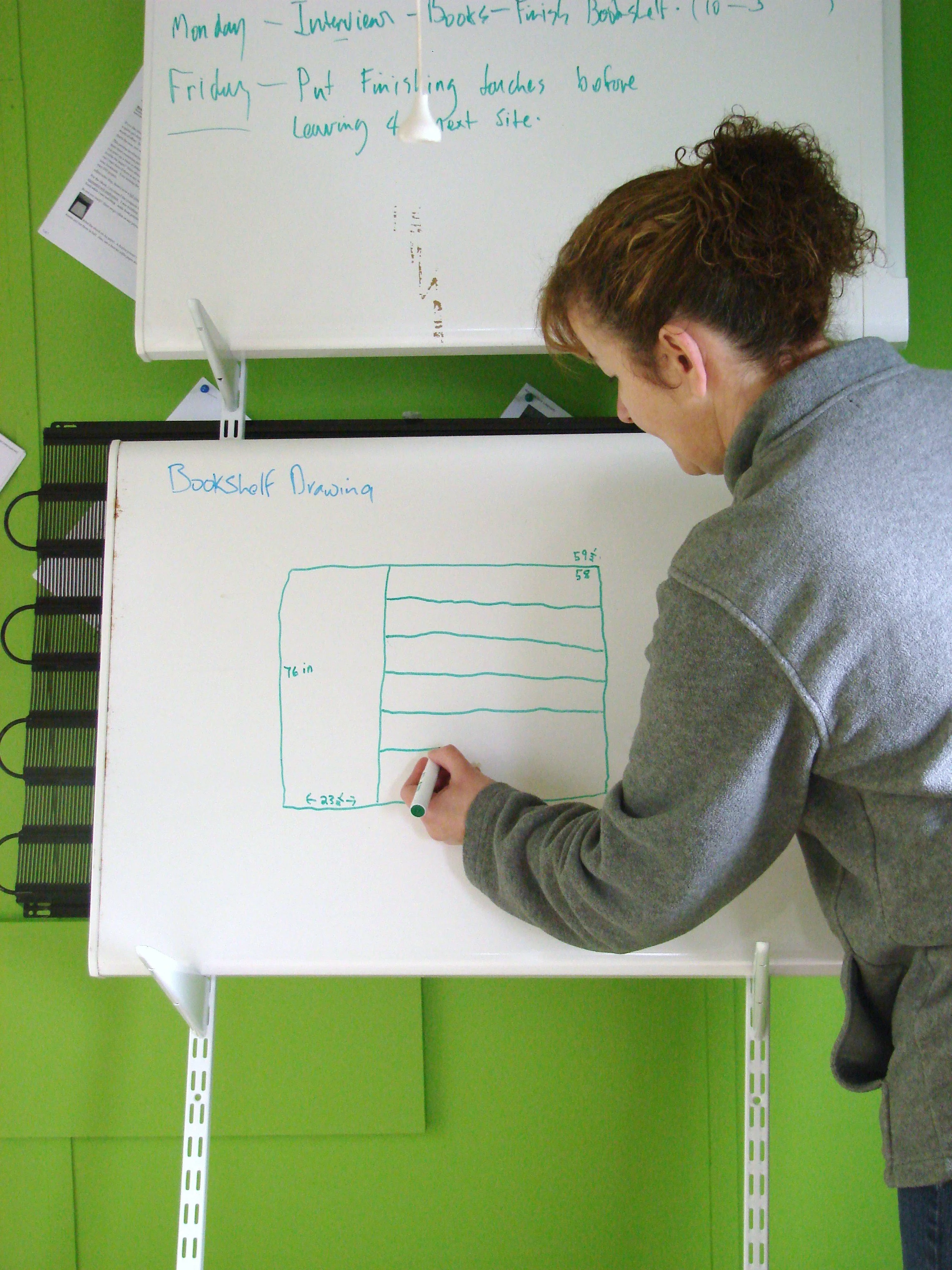
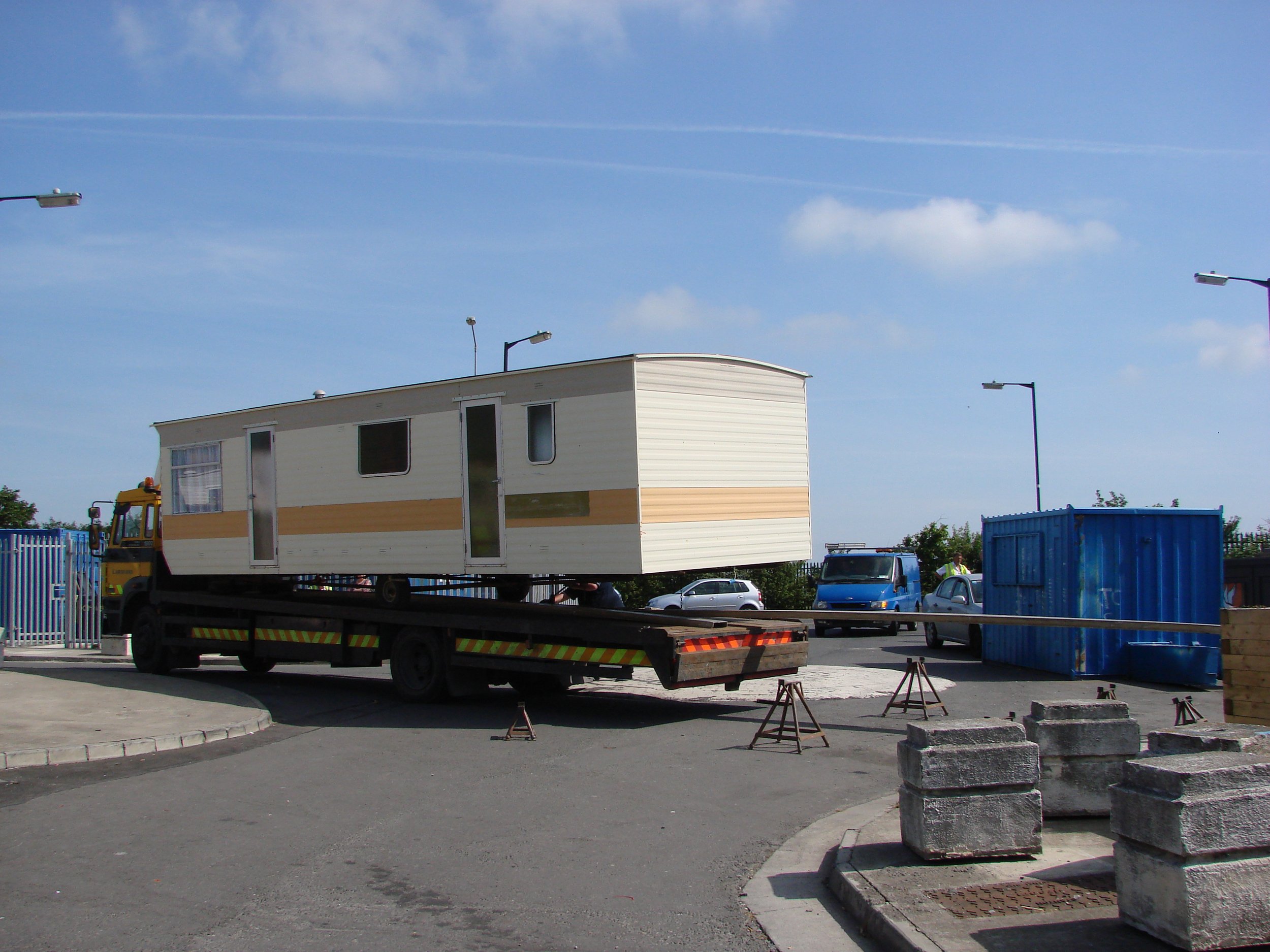

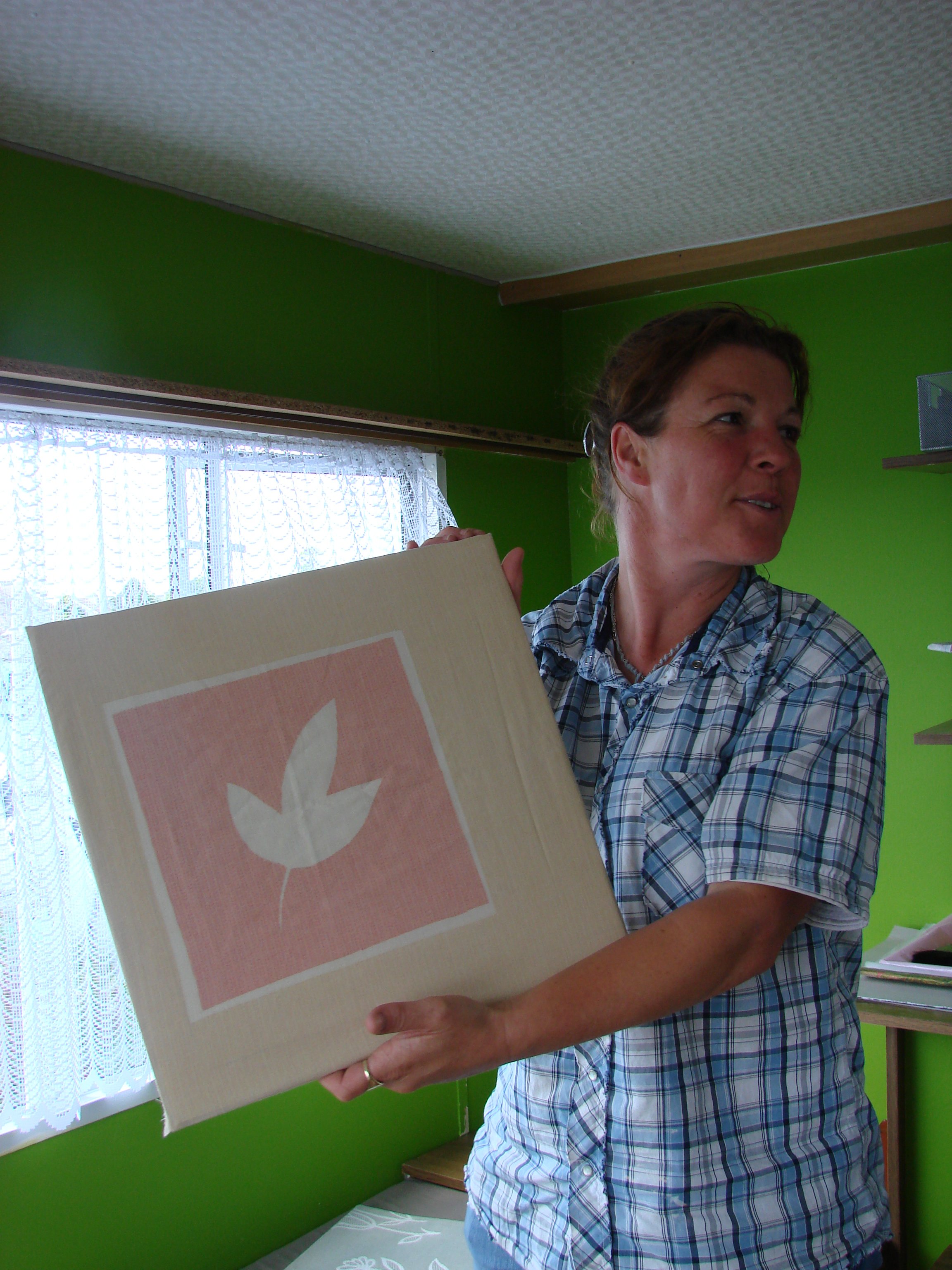
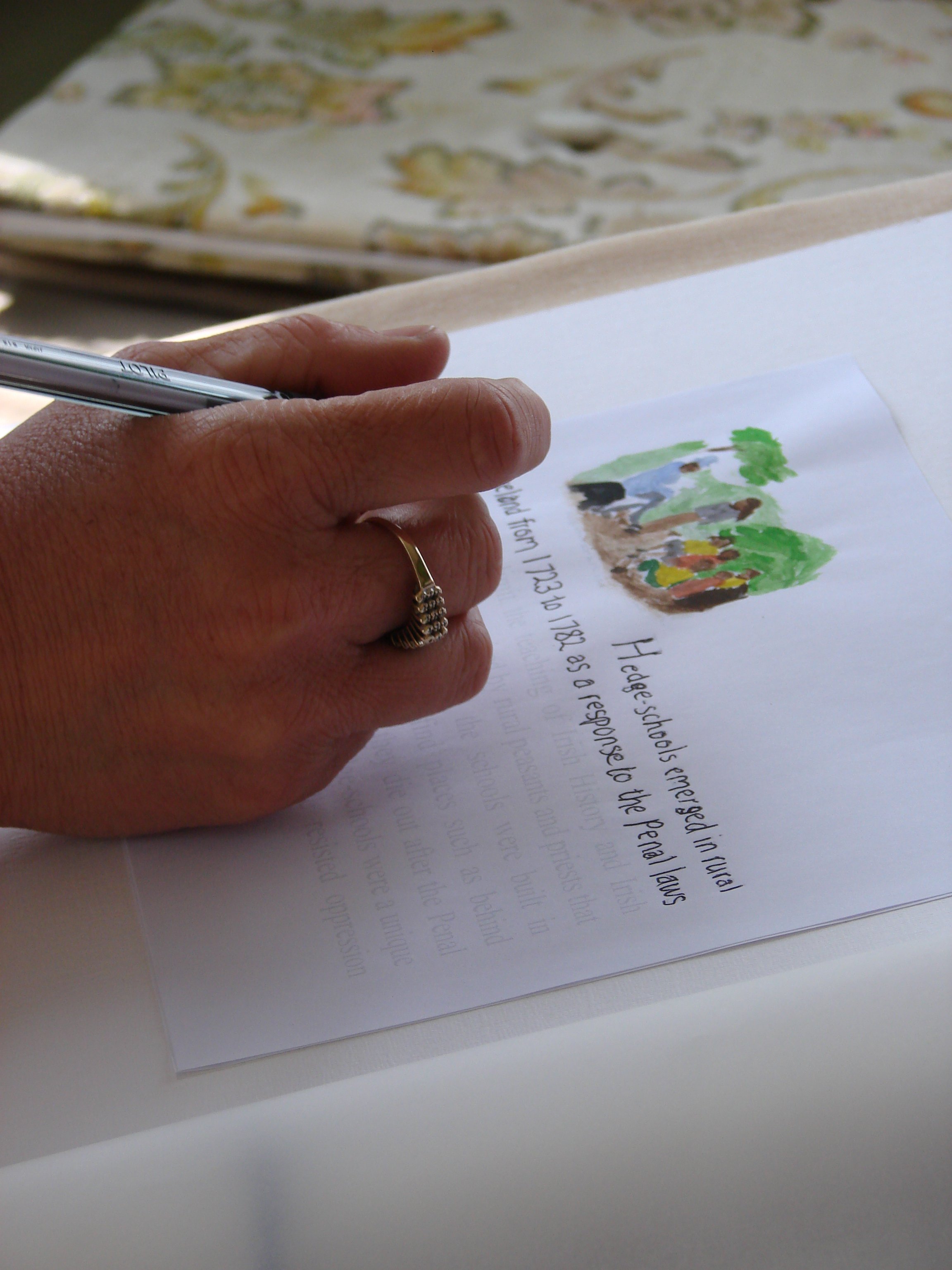
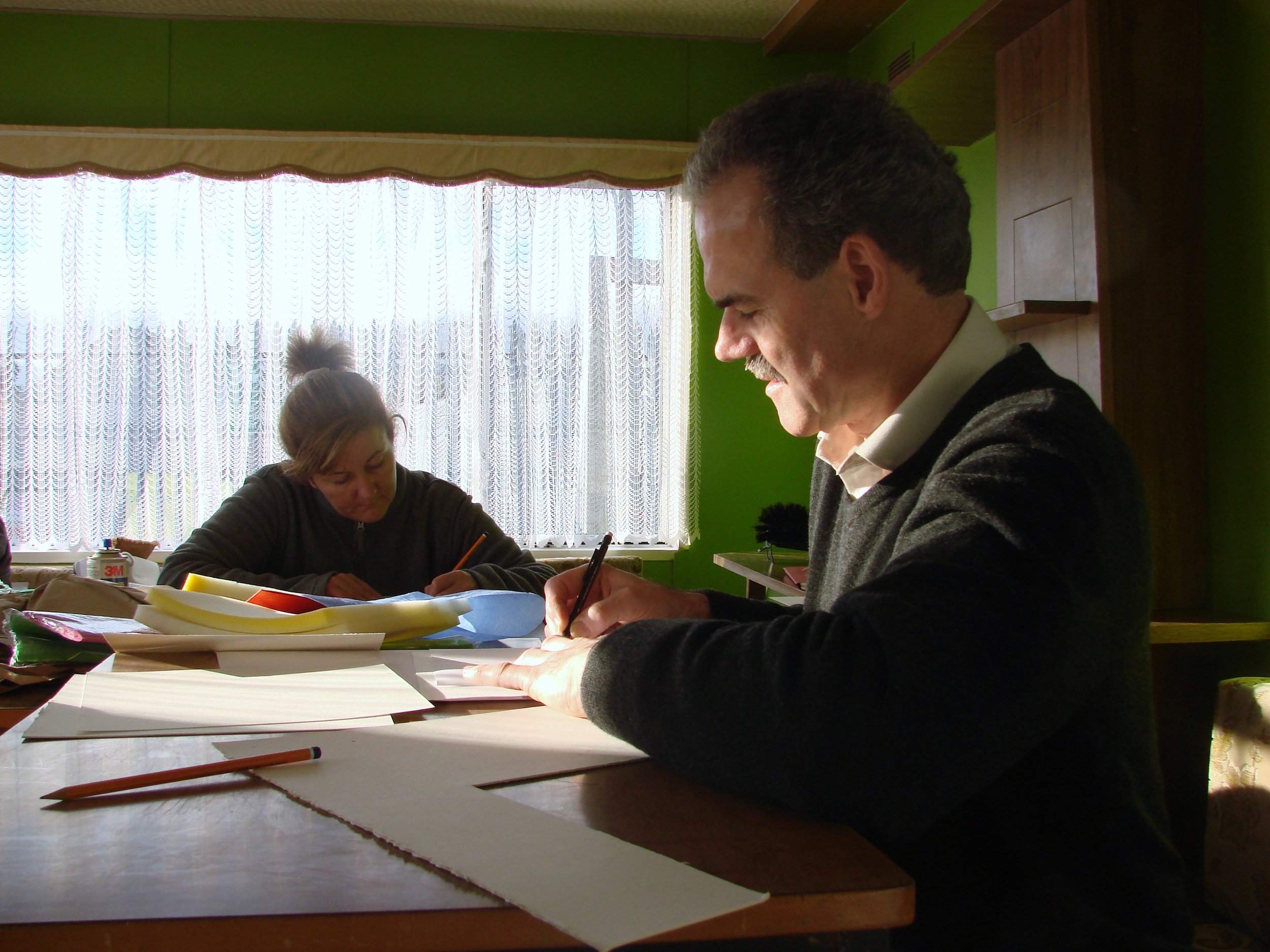
PRECARIAT ACADEMY 2010
